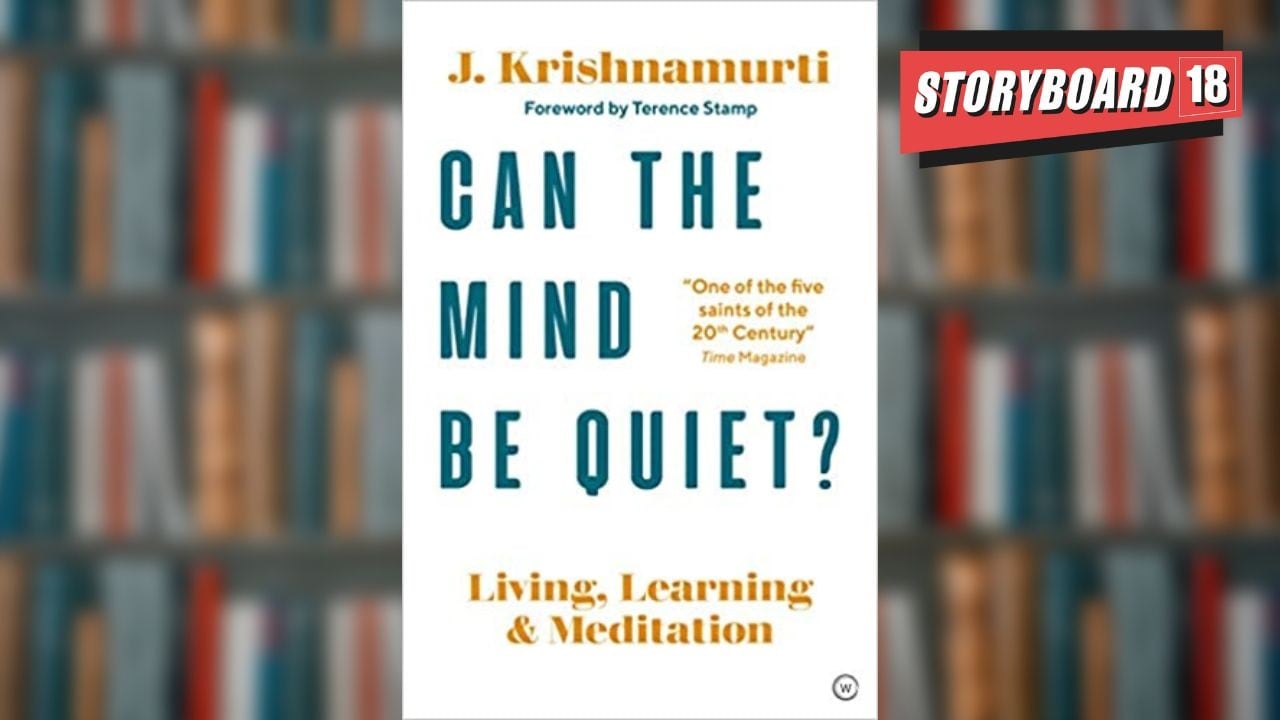Don’t let your energy work against you!
Every weekend, some seek truth on the bank of the Ganges. Some seek it in God. Others seek it in a nightclub! No matter how you seek it, the action of seeking arises from a place of emptiness or fear. Hence, one way is not necessarily superior to the other.
You are aiming to seek truth ‘away from this world’, because this world has made you unhappy and mediocre. So you keep looking. The beauty of life, ‘what is’, goes by.
Welcome to the power of Jiddu Krishnamurti’s writings. Here are our five Bookstrapping insights.
1. Knowledge is detrimental to learning, says Krishnamurthy. Knowledge is about accumulating whereas learning is a movement that is alive, fresh and vigorous. Knowledge binds but learning liberates.
2. Knowledge is the biggest impediment to successful relationships. Knowledge binds the mind in thought. Thought gives a sense of security. Intelligence is the understanding of how false this security is and how soon security can get converted to doubt and fear.
3. Intelligence is meditation, meditation is intelligence. When intelligence operates, then all conflict which is bound to the past, has no control over our actions. This is freedom.
4. Steve Jobs famously said that we must do that which we enjoy. Krishnamurti emphasises that doing something of enjoyment is love itself. In love, there is no conflict. Only when the fear of losing what you’re experiencing sets in, is there conflict.
5. The great beauty of meditation is that it sets aside authority, conformity and imitation, which are the cause of all misery, loneliness and unhappiness. These are a waste of energy; whereas meditation is the very essence of energy.
Phew! The clarity exhibited by Krishnamurti, one of the greatest thinkers of the 20th century is incredible.
His insistence on utter simplicity and a life without conflict have an incisive lucidity. The question he asks is ‘is there a way of life that is sacred?’ Yes, it is here. You just need to see it.
Reeta Ramamurthy Gupta is a columnist and bestselling biographer. She is credited with the internationally acclaimed Red Dot Experiment, a decadal six-nation study on how ‘culture impacts communication.’ On instagram @officialReetaGupta
